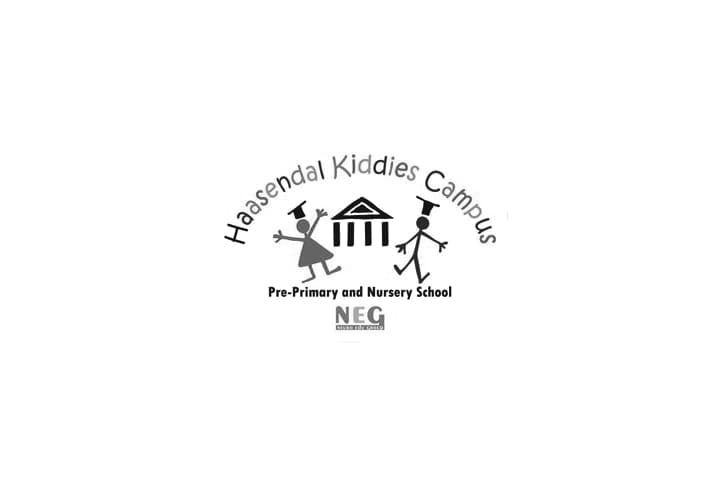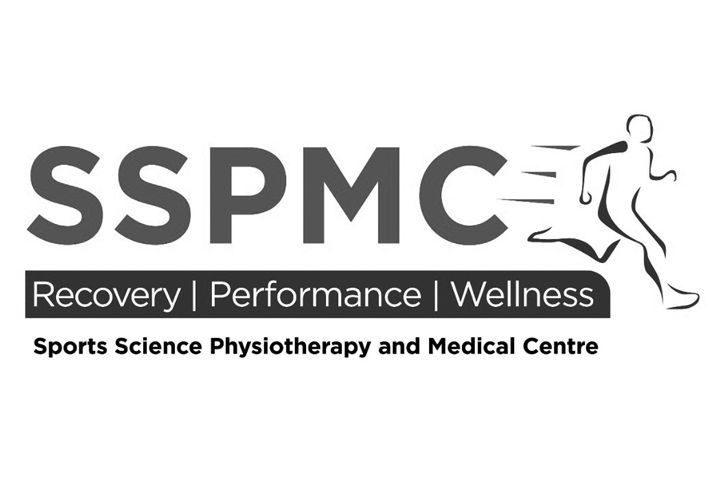Speech-Language Therapy & Traumatic Brain Injury
Traumatic Brain Injury (TBI), also called head injury, occurs when a blow or jolt to the head damages the brain. TBI’s range in severity from mild to severe. Some effects can sometimes be permanent. TBI is the second highest cause of mortality, specifically in young men, in South Africa.
Problems that may follow a brain injury can include:
- Poor attention and memory
- Partial or complete loss of reading and writing skills
- Difficulty learning new things
- Swallowing problems
- Muscle weakness and coordination problems
- Seizures (also called traumatic epilepsy)
- Sleep problems
- Difficulty understanding spoken language
- Speech problems
- Difficulty with social skills
- Difficulty with controlling one’s emotions
- Irritability, frustration, and aggressive behaviour and mood swings
- Depression
What can the family do when caring for someone who has had a TBI?
- Don’t expect the person to be the same as before the brain injury.
- Develop a positive attitude.
- Don’t take their aggression or anger personally.
- Remember that it’s their injury talking, not the person.
- When they are angry, step back and walk away – it is best not to argue back.
- Don’t challenge the person directly.
- Encourage the person and praise them for every small improvement.
- Listen carefully to them when speaking without interrupting.
- Remember that they need lots of rest.
- Most importantly, be patient.
Speech-Language Therapy can help by:
- Assisting with feeding and swallowing difficulties
- Providing cognitive rehabilitation to improve thinking and memory skills
- Providing therapy to improve understanding of language
- Providing therapy to improve speech production
- And most importantly, providing family counselling and education
It is important to remember that rehabilitation is a long term process that can take months and sometimes even years.






